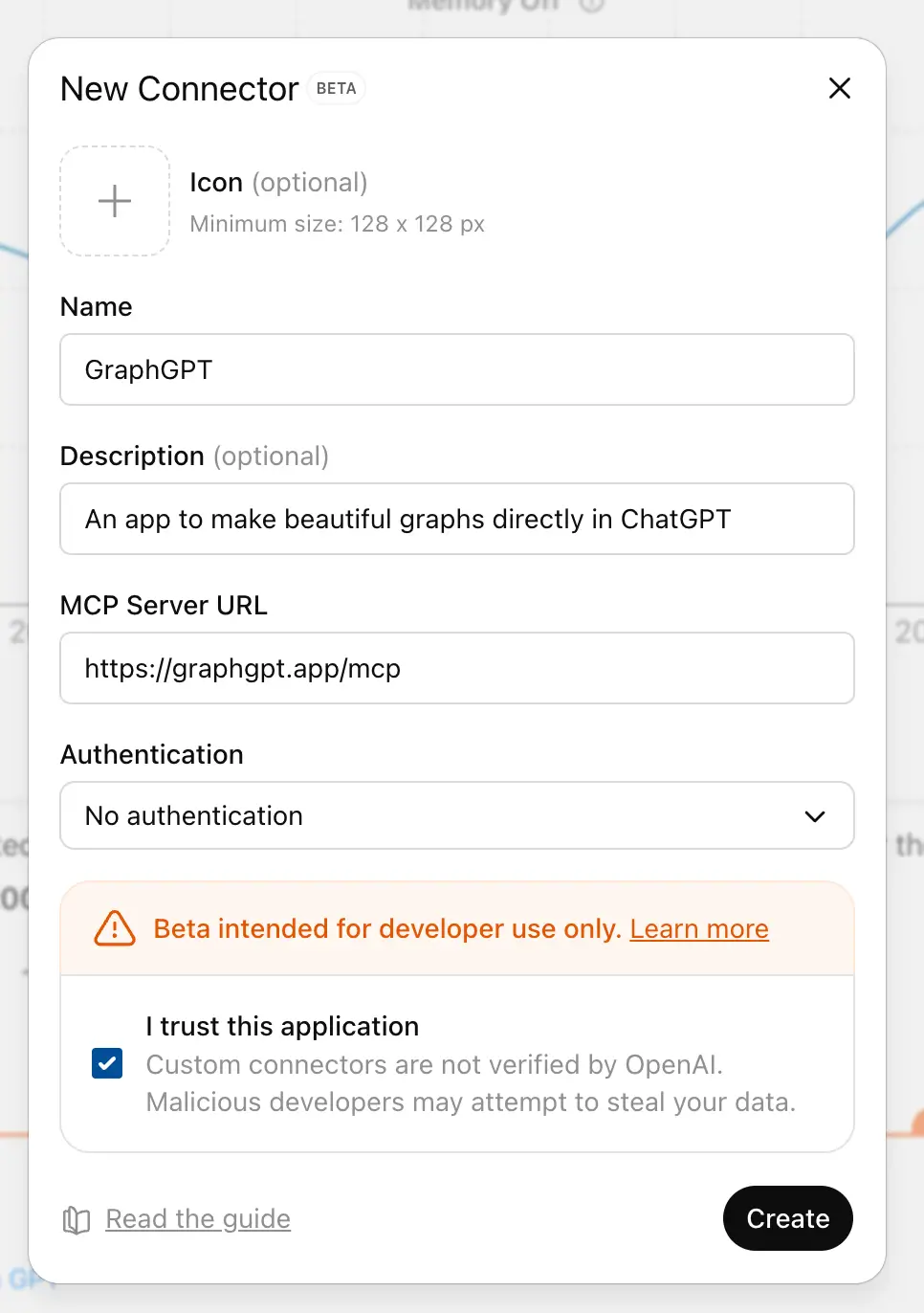[Submitted on 21 Oct 2025]
Abstract:Long-horizon agentic search requires iteratively exploring the web over long trajectories and synthesizing information across many sources, and is the foundation for enabling powerful applications like deep research systems. In this work, we show that popular agentic search frameworks struggle to scale to long trajectories primarily due to context limitations-they accumulate long, noisy content, hit context window and tool budgets, or stop early. Then, we introduce SLIM (Simple Lightweight Information Management), a simple framework that separates retrieval into distinct search and browse tools, and periodically summarizes the trajectory, keeping context concise while enabling longer, more focused searches. On long-horizon tasks, SLIM achieves comparable performance at substantially lower cost and with far fewer tool calls than strong open-source baselines across multiple base models. Specifically, with o3 as the base model, SLIM achieves 56% on BrowseComp and 31% on HLE, outperforming all open-source frameworks by 8 and 4 absolute points, respectively, while incurring 4-6x fewer tool calls. Finally, we release an automated fine-grained trajectory analysis pipeline and error taxonomy for characterizing long-horizon agentic search frameworks; SLIM exhibits fewer hallucinations than prior systems. We hope our analysis framework and simple tool design inform future long-horizon agents.Submission history
From: Howard Yen [view email]
[v1]
Tue, 21 Oct 2025 17:58:45 UTC (3,637 KB)
.png)




